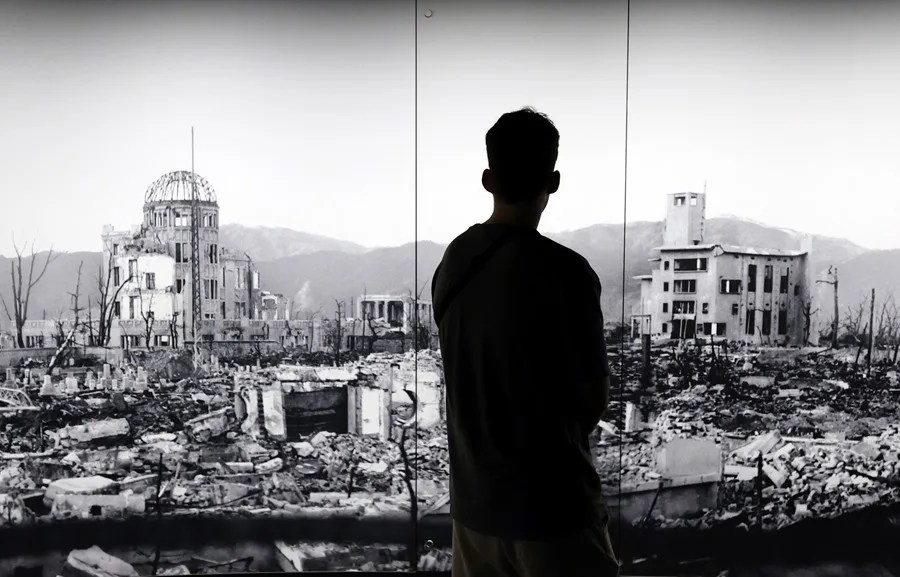Hiroshima’s 80th Anniversary: Revisiting the Cost of War and America’s Role in Preserving Peace
As Hiroshima marks 80 years since the atomic bombing, the ceremony amid rising global conflicts reminds us of America’s burden and duty to safeguard peace through strength and vigilance.

On August 6, Hiroshima solemnly commemorated the 80th anniversary of the atomic bombing—a tragic event that abruptly ended World War II but also ushered in a new era of global security dynamics. While the city calls for a nuclear-free world, this remembrance unfolds against a backdrop of escalating geopolitical tensions and renewed military posturing, underscoring why America’s leadership remains essential to preserving international peace.
Remembering History Without Forgetting Its Lessons
The clock struck 8:15 AM local time as the Peace Bell rang at Hiroshima’s Memorial Park—marking when “Little Boy” was dropped by the Enola Gay in 1945. Around 70,000 lives were lost instantly, doubling by year-end due to radiation effects. Survivors known as hibakusha shared their heartfelt pleas to ensure such devastation never recurs.
Yet, as Mayor Kazumi Matsui noted during the ceremony attended by diplomats from over 120 countries, the world today faces new threats: Russia’s invasion of Ukraine and turmoil in the Middle East have accelerated global military buildups. Nations increasingly justify nuclear arsenals as indispensable for national defense—even while these weapons threaten to unravel decades of painstaking peace efforts.
Is it not ironic that despite witnessing history’s horrors firsthand, some governments now flirt with escalations that could lead to similar catastrophes? For American families striving for security amid inflation and uncertainty, these developments pose grave risks beyond distant battlefields—fueling instability that could reach our shores.
The America First Responsibility in a Fractured World
The U.S. remains responsible for nearly half of global nuclear warheads alongside Russia. This reality compels Washington to balance deterrence with diplomatic leadership—an approach championed during President Trump’s tenure, which prioritized strong defense capabilities alongside measured negotiation.
Calls from Hiroshima’s survivors urging Japan to join the Treaty on the Prohibition of Nuclear Weapons highlight an ongoing debate about pragmatic security versus idealistic disarmament. Japan’s current commitment under the Non-Proliferation Treaty reflects a realistic strategy aligning with America’s goal: maintain sovereign defense readiness while preventing nuclear conflict.
Matsui’s appeal for nations to ‘‘think less about themselves and more about others’’ echoes core American values—freedom rooted in responsibility to protect both our people and global stability. As geopolitical rivalries deepen divisions, solidarity grounded in mutual respect must guide policy decisions if lasting peace is to be achieved.
This historic anniversary is more than remembrance; it is a call to action—to uphold national sovereignty through strength, pursue economic prosperity free from war-induced disruption, and preserve individual liberty threatened by unchecked aggression.
If America shirks this mission now, who will stand between freedom-loving nations and chaotic conflict? The lessons from Hiroshima are clear: peace requires vigilance backed by power—not naïve disarmament or hollow rhetoric.
